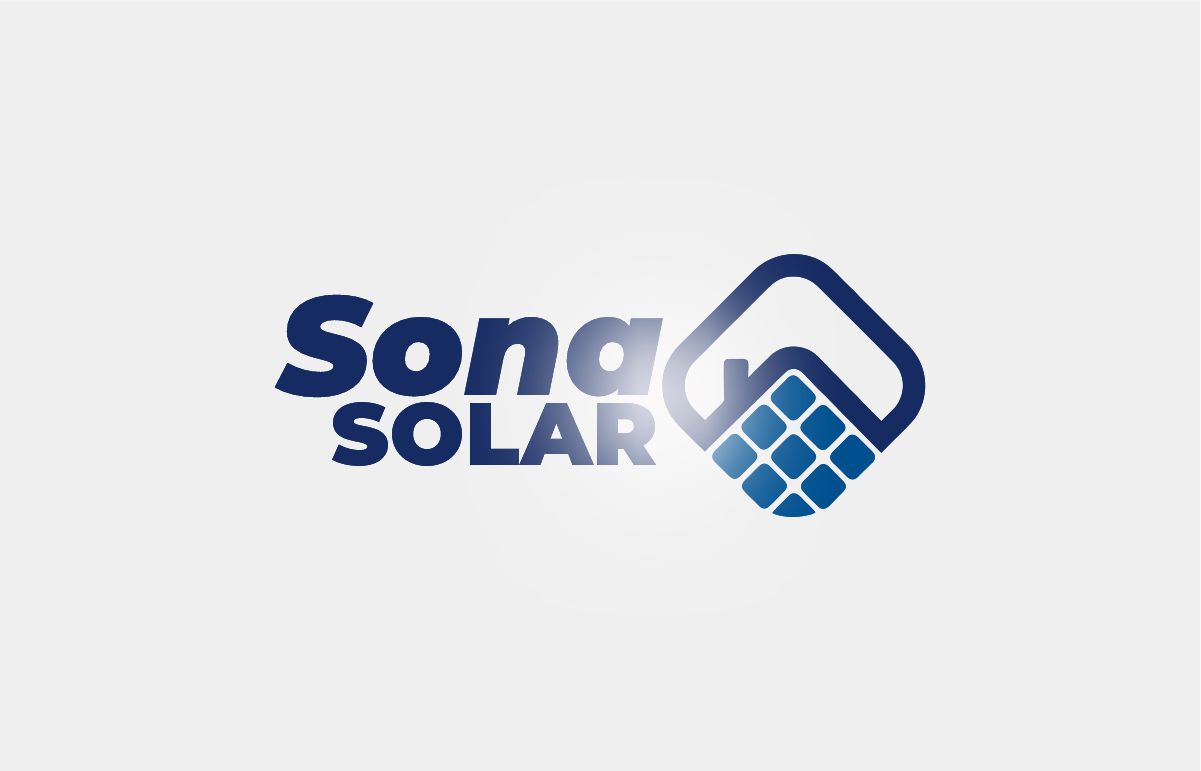Why Is My Solar Inverter Not Charging? 5 Common Problems & Solutions for Must, Hanchu, Growatt, Deye, Felicity, Sunsynk & More
Even the most reliable solar systems in Zimbabwe can sometimes experience issues, leaving homes, farms, and businesses without power. One common problem is when your Solar Inverter stops charging the Batteries. This can occur on popular brands such as Must, Hanchu, Growatt, Deye, Felicity, Sunsynk, Primax, Sumry, Growtech, Codi, and SRNE.

Common causes include low battery voltage, faulty or worn-out batteries, incorrect system settings, loose or damaged wiring, or inverter malfunction. Diagnosing these issues early can often prevent costly downtime or technician visits. To fix these issues, ensure your battery is healthy and fully charged, verify all system settings are correct, inspect wiring connections for damage or looseness, and confirm that the inverter is functioning properly. Following these expert-recommended solutions from Sona Solar Zimbabwe will help you restore your system quickly and maintain consistent solar power, even during high-demand periods or challenging weather conditions.
5 Common Inverter Charging Problems
Quick Fix:
Check your main switch and circuit breakers to ensure they haven't tripped. Verify that the primary power source is active and supplying electricity to the inverter.
Batteries are consumable products with a finite lifespan. If your battery is old, it may no longer be able to hold a charge effectively, even if the inverter is working perfectly.
Quick Fix:
Check the battery's age against its expected lifespan (e.g., lithium batteries last 10-15 years). If it has a long service history, fails to hold a charge after maintenance, or is still under warranty, it's time to consider a replacement from a trusted supplier.
Most modern inverters have a built-in safety feature that prevents them from charging a battery if its voltage is too low. This is to protect both the battery and the inverter from potential damage.
Quick Fix:
A typical 12V inverter requires the battery voltage to be above 11.5V to begin charging. To fix this, you can manually charge the battery using a separate AC charger or correctly sized solar panels to raise its voltage above the minimum threshold before reconnecting it to the inverter.
A secure connection is critical for proper charging. A loose battery terminal, corroded connection, or improperly sized cable will interrupt the flow of electricity and prevent the battery from charging.
Quick Fix:
Turn off the entire system. Check that all battery terminals are tight, clean, and free of corrosion. Ensure you are using the correct, thickest possible wire gauge for your system, and that the inverter is installed as close to the battery bank as possible to minimize power loss.
The fuses inside your inverter are a crucial safety mechanism. They are designed to blow and break the circuit during an overload or short circuit, protecting the inverter from catastrophic damage.
Quick Fix:
Before replacing a fuse, you must identify the cause of the problem. If it was a short circuit, check all wiring. If it was an overload, reduce the number of high-wattage appliances connected. Always replace the fuse with the correct type specified in the operating manual and contact a professional if you are unsure.
Essential Sizing Guides
Frequently Asked Questions
Most inverters don't have a single "reset" button. The reset function is performed by a full power cycle. Turn the inverter completely off, wait for one minute to allow the internal capacitors to discharge, and then turn it back on. For a hard reset, you may need to disconnect all power sources (grid, solar, and batteries) for several minutes before reconnecting them in the proper sequence (battery first, then other sources).
Error 04 on a MUST inverter is a "Low Battery Voltage" warning. It means the battery's voltage is approaching or has reached the low cut-off threshold. To resolve it, first, use a multimeter to verify the battery's actual voltage. If it is genuinely low, the batteries need charging. If the voltage is normal but the error persists, check the communication cable for lithium batteries or suspect an issue with the inverter's voltage sampling circuit, which may require a technician.
Yes, the inverter must be switched on for it to perform its charging function. The inverter not only converts DC to AC power but also manages the charging of the batteries from the grid (ZESA) or solar panels. If the inverter is off, the charging circuit is inactive.
At Sona Solar Zimbabwe, we are committed to providing the best price-to-quality ratio on our products and efficient support services. Our experienced engineers deliver top-notch inverters manufactured to the highest international standards.
By following the tips in this guide, you should be able to diagnose and resolve most common inverter charging issues. For personalized solar quotations or persistent problems, always consult a qualified technician from Sona Solar Zimbabwe. Reach out to us at +263 78 864 2437 or +263 78 922 2847.
Common Questions and Popular Searches
Explore Answers To Frequent Questions And Discover Resources For Your Solar Journey:
1kVA Inverter Load Guide
Load guide for small households.
2kVA System Load Capacity
Powering essentials in medium homes.
3kVA System Panel Count
Understand solar array sizing.
3kVA Inverter Load Guide
Appliance guide for a typical household.
Best 3kVA Inverter Brand
Compare reliability and warranties.
3kVA Appliance Load Guide
Understand simultaneous load capacity.
3kVA Powering Motor Loads
Guidance on handling motor loads.
Choosing the Right Inverter
Matching inverters to your specific load.
Match Panels to Inverter
Tips for optimal system performance.
3.5kVA Inverter Load Guide
Explore residential setup capabilities.
Best Solar Panels Zimbabwe
Analysis of performance and durability.
Solar Companies Zimbabwe
Customer service and reliability.
Best Solar Panel Brands
Guide for home and business solutions.
Solar Installers Zimbabwe
Professional and certified installers.
3kVA System Cost Guide
Get pricing information for Zimbabwe.
5kVA System Cost Guide
Budget requirements for systems.
Contact Our Sales Team:

Sona Solar Zimbabwe
Address:
7 Frank Johnson Avenue, Eastlea, Harare, Zimbabwe.
Call/WhatsApp:
Sales:
+263 78 293 3586
Sales:
+263 78 922 2847
Operations:
+263 78 864 2437
Email:
sonasolarzw@gmail.com
Website:
www.sonasolar.co.zw

Borehole Experts Zimbabwe
Address:
7 Frank Johnson Avenue, Eastlea, Harare, Zimbabwe.
Call/WhatsApp:
Sales:
+263 77 389 8979
Sales:
+263 71 500 3777
Operations:
+263 71 918 7878
Email:
boreholeexpertszw@gmail.com
Website:
www.boreholeexperts.co.zw

Follow Our Social Media Icons
TikTok Pinterest YouTube Telegram WhatsApp